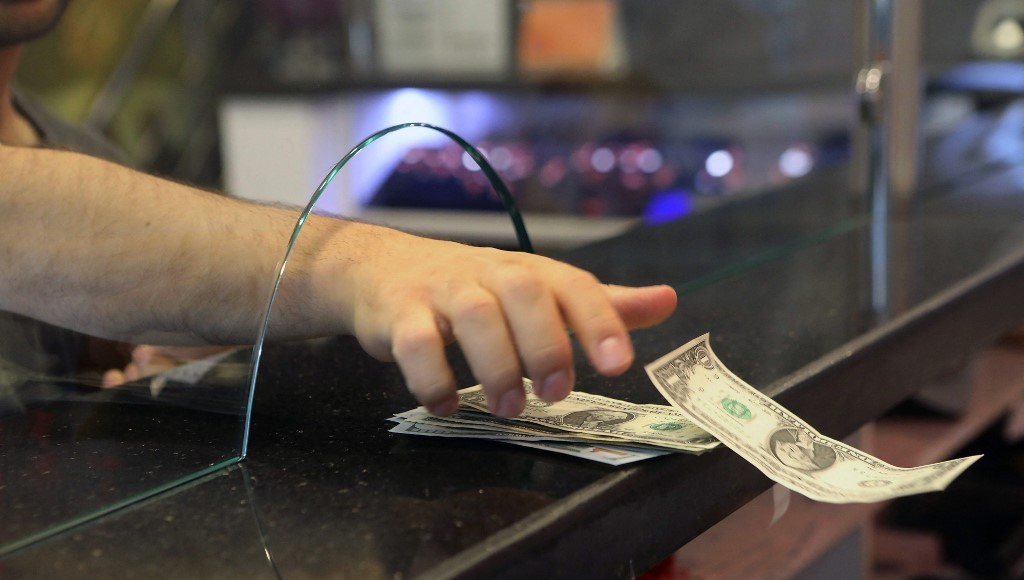Turkey’s exchange offices are preparing to file a formal objection to recently issued regulations that require money changers in the country to record the identities of their clients, the Bloomberg HT news website reported on Wednesday.
Before the regulations were published in the Official Gazette on Tuesday, after the lira hit another low this week, only clients whose transactions totaled $3,000 or more were asked to submit personal information.
The new rules from the Treasury and Finance Ministry, which oblige lira buyers and sellers to show their IDs and give address and telephone information when necessary, caused consternation and prompted concerns that it may be used as a way of profiling.
Association of Authorized Establishments (exchange offices) president Mustafa Ünver told Bloomberg HT that they would file an objection to the regulations since being required to show their IDs would make exchange office customers “uneasy” and that identification would be “a waste of time, thus increasing the cost.”
The ministry on Wednesday released a statement on Twitter saying, “This new practice aims only to reduce a lack of formal procedures, increase the level of institutionalization and ensure compliance with international regulations.”
“It does not involve any intervention in foreign currency markets,” it added, failing to resolve public concerns about profiling.
Turks have been buying foreign currencies to protect themselves against a weakening currency and rampant inflation, which accelerated to just shy of 20 percent in September. Foreign exchange deposits held by locals totaled $232.7 billion as of Oct. 1, according to central bank data. That’s up 20 percent from the start of 2020, Bloomberg said.
The Turkish lira has been weakening since the central bank unexpectedly cut interest rates on Sept. 23 and crossed 9.1 against the US dollar on Wednesday. With a decline of 18 percent this year, it ranks as the worst performer among emerging-market currencies tracked by Bloomberg.

